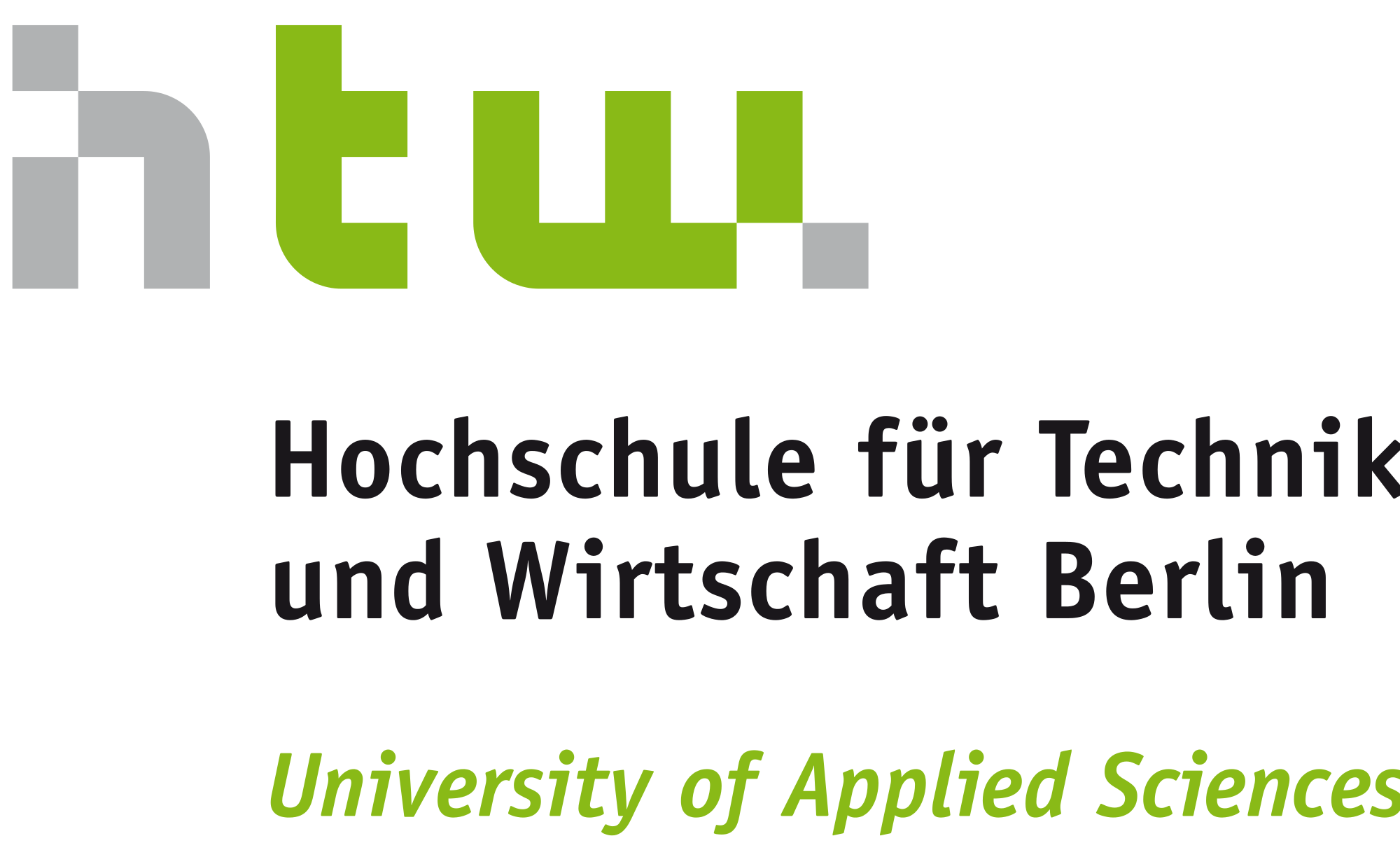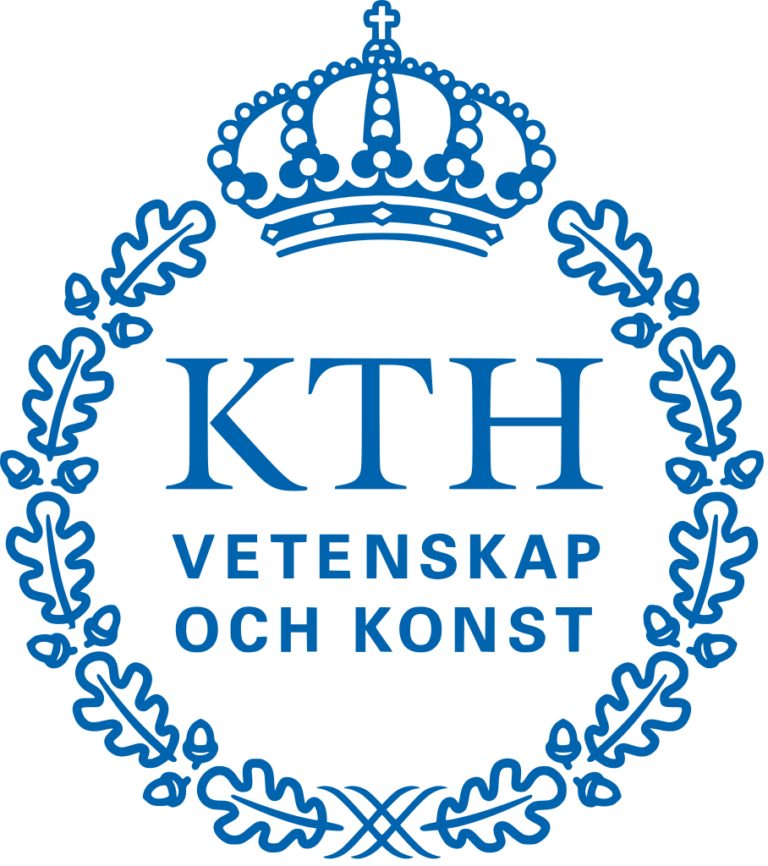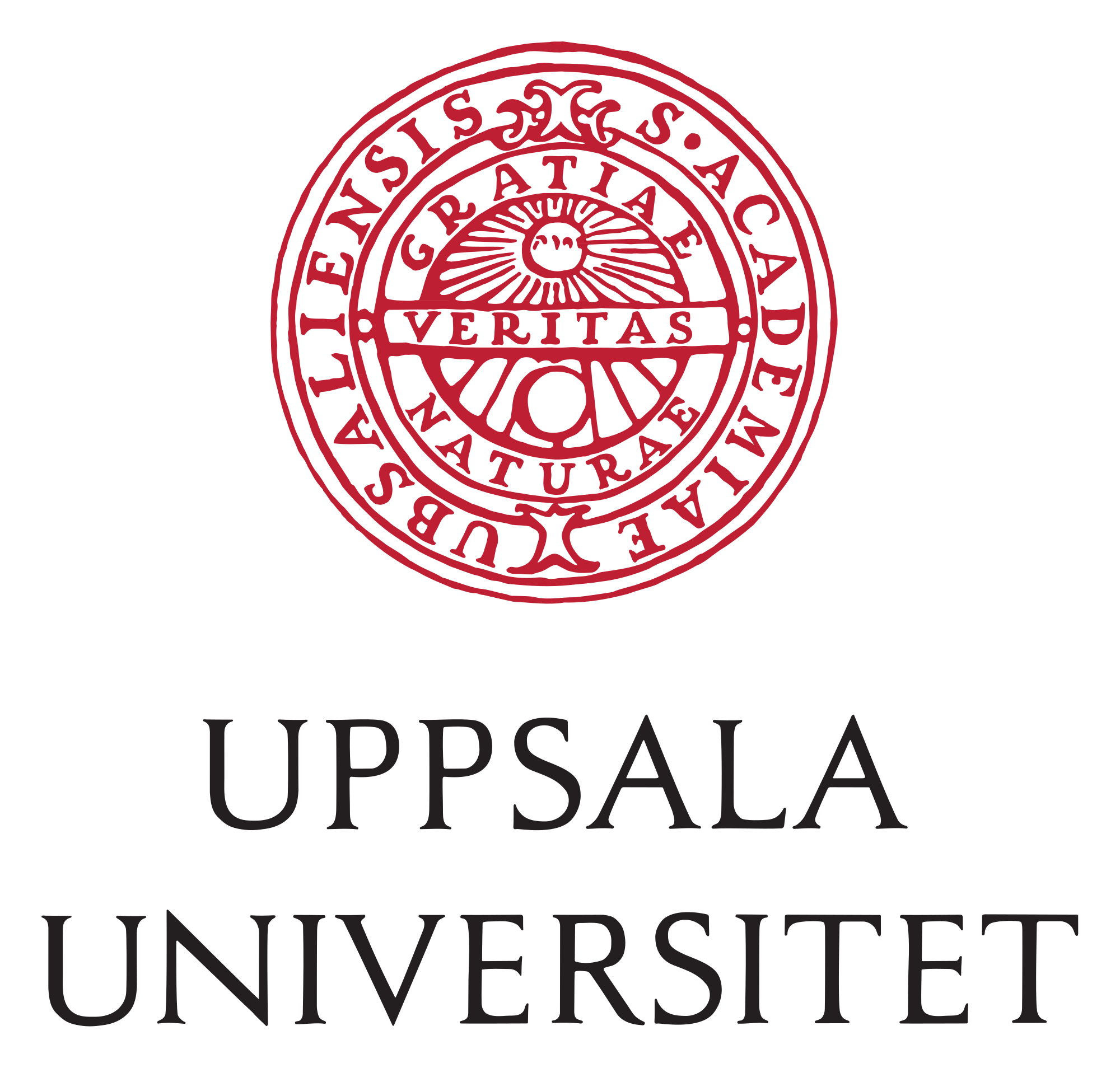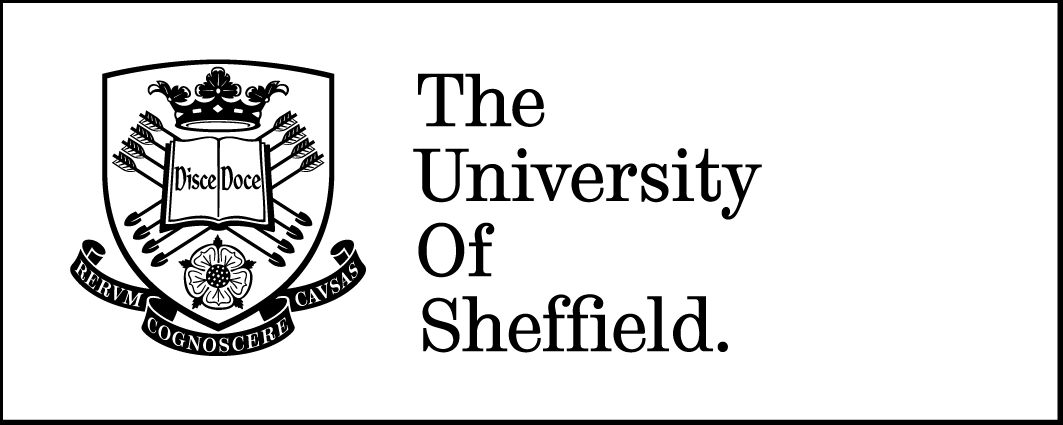University of Kassel, Institute of Urban Development, Department of Urban Sociology
The Institute of Urban Development is part of the Faculty of Architecture, Urban and Landscape planning (ASL) at the University of Kassel. With an inter- and transdisciplinary approach, the chair of Urban and Regional Sociology is currently conducting research on urban commons, practices of sharing, and the relation between urban conflicts and the rise of right populisms and xenophobia. Within the department of Urban and Regional Sociology, Prof. Carsten Keller (Project Coordinator) and Helena Cermeño jointly manage the ProSHARE project and lead Work Package 5: “Project Management”. Cermeño is an architect and urban planner working at the crossroads of urban planning and urban sociology and has expertise in international research collaborations. Together with Sina Doukas (architect and researcher in the StadtTeilen network), Timo Baldewein (political scientist, with expertise in quantitative research methods) and Floris Bernhardt (sociologist, researcher in StadtTeilen), the Kassel team leads also the Work Package 2: “Transnational Research” and coordinates in particular the transnational quantitative survey.
Publications
- Baldewein, T. and Keller, C. (2020) ‘Räumliche Muster der Zuwanderung: Regionale Verteilung und städtische Segregation von MigrantInnen in Deutschland’, in Röder, A. and Zifonun, D. (eds) Handbuch Migrationssoziologie, Wiesbaden, Springer VS.
- Bernhardt, F., Cermeño, H., Keller, C. and Koch, F. (2020) ‘Stadtmachen durch StadtTeilen: Typen und Logiken des Teilens in innerstädtischen Nachbarschaften’, Forum Wohnen und Stadtentwicklung, pp. 123–126.
- Berger, P.A., Keller, C., Klärner, A. and Neef, R. (2014) Urbane Ungleichheiten: Neue Entwicklungen zwischen Zentrum und Peripherie, Wiesbaden: Springer VS.
- Tucci, I., Jossin, A., Keller, C. and Groh-Samberg, O. (2013) ‘Labor Market Entry of Descendants of Immigrants in France and Germany: A Comparative Analysis’, Revue française de sociologie, vol. 54(3), pp. 567-596.
- Tucci, I., Jossin, A., Keller, C. and Groh-Samberg, O. (2011) ‘Success Despite Starting Out at a Disadvantage: What Helps Second-Generation Migrants in France and Germany?’,DIW Economic Bulletin (5), pp. 3-11.
University of Applied Sciences of Berlin
HTW Berlin – University of Applied Sciences (HTW) is Berlin’s largest university of applied sciences and one of the few German universities of applied sciences being a full member of the European University Association (EUA). Research and Transfer activities connect the university with the professional world, scientific networks, and companies. The chair of real estate management, smart cities and urban development has realized a variety of transdisciplinary research projects, typically carried out in cooperation with practice partners. Prof. Florian Koch and Nada Bretfeld form the Berlin ProSHARE project team. Nada Bretfeld is a trained social worker and community organizer and interested in issues such as gentrification, housing, and the social change of neighbourhoods. She has cooperated in various research-practice projects with initiatives in the Wrangelkiez neighbourhood in Berlin. The Berlin team co-leads the Work Package 3: “ProSHARE-Labs” together with the University of Sheffield.
Publications
- Koch, F. (2020) ‘Cities as transnational climate change actors: applying a Global South perspective’, Third World Quarterly. https://doi.org/10.1080/01436597.2020.1789964
- Kabisch, S., Koch, F., Gawel, E., Haase, A., Knapp, S., Krellenberg, K., Nivala, J. and Zehnsdorf, A., eds (2018) Urban Transformations. Sustainable urban development towards resource efficiency, quality of life and resilience, Cham/New York, Springer.
- Koch, F., Kabisch, S. and Krellenberg, K., (2018) ‘A transformative turn towards sustainability in the context of urban-related studies? A systematic review from 1957 to 2016’, Sustainability 10 (1), art. 58, pp.1-17
- Koch, F. (2018) ‘Europäische Stadt’, in Rink, D. and Haase, A., (eds.) Handbuch Stadtkonzepte: Analysen, Diagnosen, Kritiken und Visionen, UTB 4955, Opladen, Toronto, Verlag Barbara Budrich, pp. 87-105.
- Kabisch, S., Koch, F. and Rink, D. (2018) ‘Urbane Transformationen unter dem Leitbild der Nachhaltigkeit. Urban transformations towards sustainability’, Geographische Rundschau 70 (6), pp. 4-9.
KTH School of Architecture, Royal Institute of Technology, Stockholm
The Urban Design research cluster of The School of Architecture is one of seven departments of ABE School (Architecture and the Built Environment) at KTH Royal Institute of Technology in Stockholm. With an inter- and transdisciplinary approach the research group is currently conducting research in: 1. architecture and spatial configurations interrelated to cultural, social, economic, ecological, and political phenomena; 2. public space and the relationship to democracy, power and agency, including mediation and representation, forms and interventions in architecture and art; 3. architecture and urban design in conjunction with the fields of feminist theory and practice, gender studies, intersectionality studies and questions of equality, diversity and inclusion in architecture, planning and architecture education; 4. historical and contemporary shifts of welfare spaces and policies in housing; 5. the role of architecture and urban design in relation to segregation, unequal living conditions, gentrification, as well as to climate change; 6. urban development processes, their management and inclusive tools for citizen participation; and 7. transdisciplinary research practices. Prof. Meike Schalk leads a task in the Work Package 3 “ProSHARE labs”.
Publications
- Mattsson, H. and Schalk, M. (2019) ‘Action Archive: Oral History as Performance’, in Stead, N., Gosseye, J., van der Plaat, D. (eds.), Speaking of Buildings: Oral History in Architectural Research, Princeton University Press, pp. 94-113.
- Schalk, M., Brolund de Carvalho, S. and Stude, B., eds. (2019) Caring for Communities | Für Gemeinschaften sorgen, Stockholm, Action Archive Publishing.
- Schalk, M., Brolund de Carvalho, S. and Mattsson, H. (2019) ‘The Changing Ways of Being in Common: From Collective to Common Spaces in Welfare Housing’, in Fitz, A. and Krasny, E., (eds) Critical Care : Architecture and Urbanism for a Broken Planet, Cambridge MA, Architekturzentrum Wien, The MIT Press, pp. 131-137.
- Schalk, M., Kristiansson, T. and Mazé, R., eds. (2017) Feminist Futures of Spatial Practice: Materialisms, Activisms, Dialogues, Pedagogies, Projections, Baunach, AADR / Spurbuchverlag.
- Schalk, M. (2017) ‘Old News from a Contact Zone: Action Archive in Tensta’, in Petrescu, D. and Trogal, K. (eds), The Social (Re)production of Architecture, London, Routledge, pp. 329-345.
Institute for Housing and Urban Research (IBF), Uppsala University
The Institute for Housing and Urban Research (IBF) is a multidisciplinary social science resource centre, with researchers in sociology, human geography, political science, and economics. Research covers housing policy, housing preferences, movement patterns, segregation, and urban planning in relation to democracy and health issues. Emma Holmqvist researcher at IBF co-leads Work Package 1 “Common-grounds”. Holmqvist’s field of expertise covers social mix, migration policy, housing policy and segregation.
Publications
- Skovgaard Nielsen, R., Holmqvist, E., Dhalmann, H. and Soholt, S. (2015) ‘The Interaction of Local Context and Cultural Background’, Housing Studies, 30(3), pp. 433-452.
- Holmqvist, E. and Magnusson Turner, L. (2014) ‘Swedish welfare state and housing markets’, Journal of Housing and the Built Environment, 29(2), pp. 237-254.
- Bergsten, Z. and Holmqvist, E. (2013) ‘Possibilities of building a mixed city’, International Journal of Housing Policy, 13(3), pp. 288-311.
- Holmqvist, E. Bergsten, Z. (2009) ‘Swedish social mix policy’, Journal of Housing and the Built Environment, 24(4), pp. 477-490.
- Jutvik, K. (2020) ‘Unity or Distinction over Political Borders? The Impact of Mainstream Parties in Local Seat Majorities on Refugee reception’, Scandinavian political studies. doi: 10.1111/1467-9477.12175.
School of Architecture, University of Sheffield
The Sheffield School of Architecture is part of the Faculty of Social Science at the University of Sheffield. With a transdisciplinary approach, the research group Design, Engagement and Practice is currently conducting research on urban commons, practices of sharing, resilience, climate change, wellbeing, eco-design, urban pedagogy, and live education. Within this research consortium, Prof. Doina Petrescu and Dr. Carola Moujan co-lead Work Package 3: “ProSHARE-labs” together with the HTW Berlin.
As external researcher linked to the University of Sheffield Dr. Nishat Awan contributes to the ProSHARE WP3. Her previous research focuses on the intersection of geopolitics and space, including questions related to diasporas, migration and border regimes. She is interested in modes of visual and spatial representation and ethical forms of engagements with places at a distance. Currently, she also leads the ERC funded project, Topological Atlas, focused on the spatial analysis of borderscapes.
Publications
- Petrescu D., Petcou C., Gibson K. and Safri M. (2020) ‘Calculating the value of the commons: Generating resilient urban futures’, Environmental Policy and Governance Journal. https://doi.org/10.1002/eet.1890
- Baibarac C., Petrescu D. and Langley P. (2019) ‘Prototyping open digital tools for urban commoning’, Co-Design – International Journal of Co-Creation in Design and the Arts, https://doi.org/10.1080/15710882.2019.1580297
- Petrescu D. and Trogal K., eds. (2017) The Social (Re)Production of Architecture, London, Routledge.
- Awan, N. and Musmar, A. (forthcoming 2020) ‘Affective Witnessing’, in Jobst, M. and Frichot, H. (eds.) Architecture and Affect, London & New York, Routledge.
- Awan, N. (2020) ‘Mapping Trajectories’, in Adey, P., Bowstead, J., Brickell, K., Desai, V., Dolton, M., Pinkerton, A. and Siddiqi, A. (eds.) The Handbook of Displacement, Palgrave Macmillan
Vienna University of Technology, Institute of Spatial Planning, Centre of Sociology
The Institute for Spatial Planning is part of the Faculty for Architecture and Spatial Planning at the Vienna University of Technology. The Centre of Sociology engages in research, consultancy and teaching in three main areas: a) social and technological change and innovation, b) social inequalities, poverty and discrimination, and c) participation, planning and democracy. Within the frame of the two last areas, the interdisciplinary team conducts participative research on urban commons and practices of sharing. Prof. Alexander Hamedinger together with Prof. Simon Güntner and Denise Goff lead the research activities in Vienna. Simon Güntner is the head of the Centre of Sociology and has ample expertise in the fields of urban development, housing, migration, and poverty. Denise Goff worked as an urban planner in the field of housing, urban renewal and participation. Together, they contribute to the ProSHARE transnational research (WP2), conduct the ProSHARE-labs in Vienna (as part of the WP3) and lead the Work Package 4 “Dissemination and Outreach”.
Publications
- A. Hamedinger: “ist die kommunikative Planung am Ende? Protest und BürgerInnenbeteiligung in der Stadtentwicklung aus planungstheoretischer und planungspraktischer Sicht”; Dérive (2020), 79; S. 4 – 10.
- A. Hamedinger: “Die Smart City in kleinen und mittleren österreichischen Städten aus akteurs – und prozessbezogener Governance-Sicht – Transformation der städtischen Governance?”; SWS Rundschau, 57 (2017), 2; S. 185 – 202.
- L. Franta, A. Hamedinger: “Questioning Urban Commons: Challenges and Potentials in the Post-Democratic Era”; in: “Public Space Unbound. Urban Emancipation and the Post-Political Condition”, S. Knierbein, T. Viderman (Hrg.); Routledge, New York & London, 2018, ISBN: 978-1-138-21309-8, S. 239 – 250.
- Hamedinger, A. Novy, J. Jäger, V. Redak: “The End of Red Vienna – Recent Ruptures and Continuities in Urban Governance”;Journal of European Urban and Regional Studies, 8 (2001), 2; S. 131 – 144.
Non-funded supporting partners
Administration and Municipality
- Bezirksamt Friedrichshain – Kreuzberg von Berlin
- Municipality of Uppsala, Urban Development Office
- Gebietsbetreuung Stadterneuerung für die Bezirke 16, 17, 18, 19 – Urban Renewal Office
Planning and architecture
- Buzwan Morell Architekten PARTGmbB
- tatwort nachhaltige Projekte GmbH (Pocket Mannerhatten)
Social initiatives, NPO and NGO
- Atelier d’Architecture Autogerée (AAA), Paris
- Public Works, London
Universities/Research organizations
- Berlin University of the Arts (UdK), Design Research Lab






